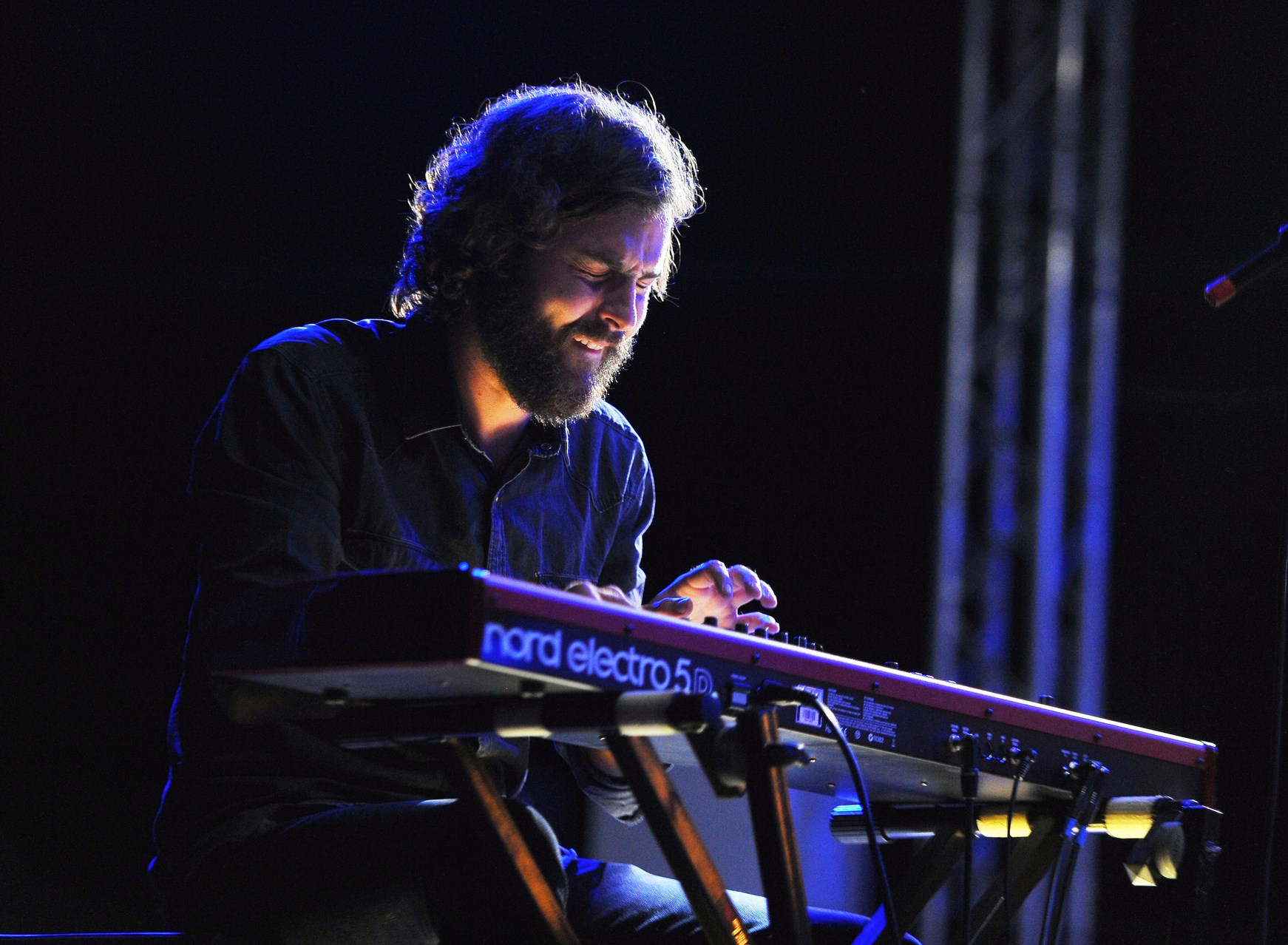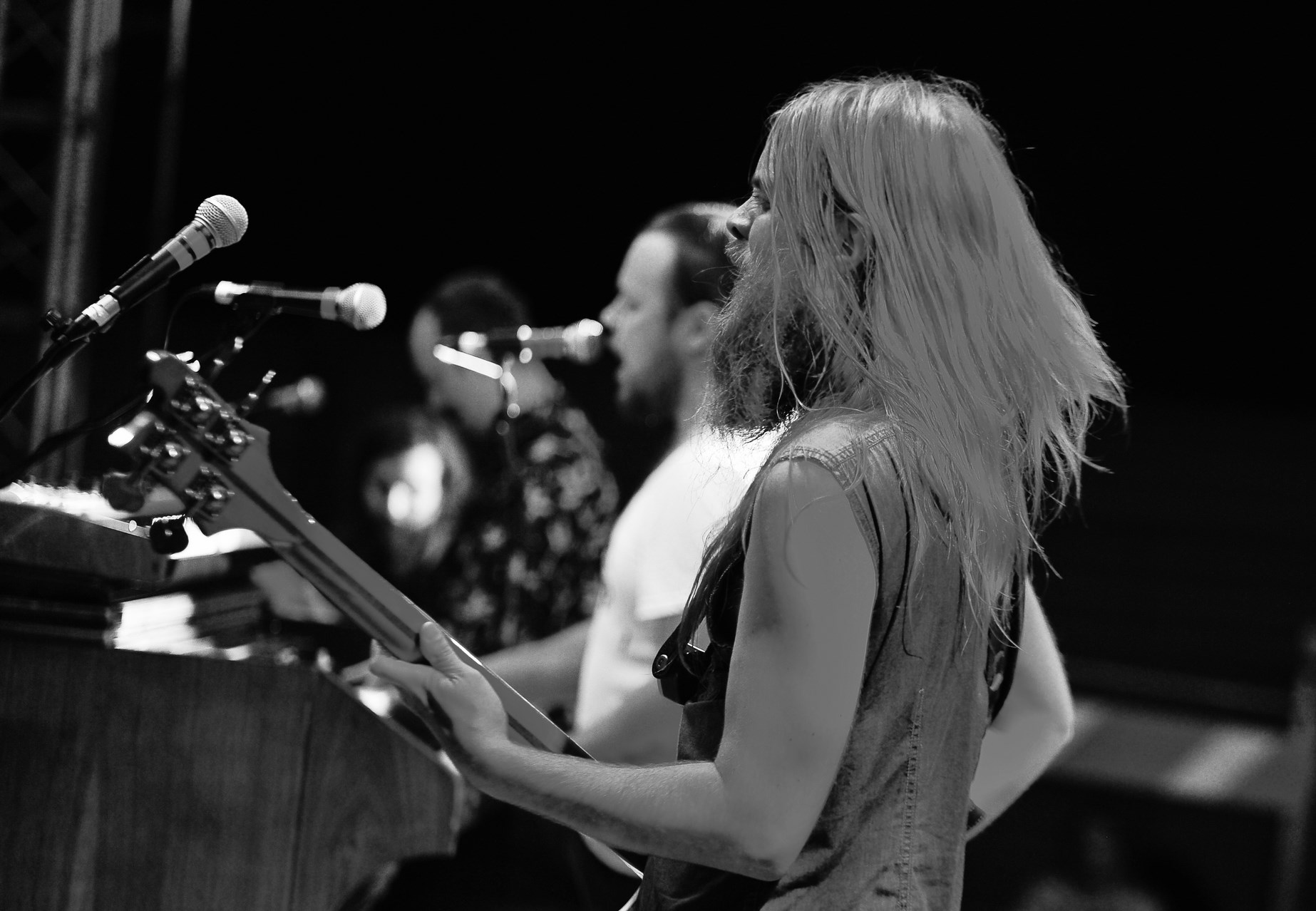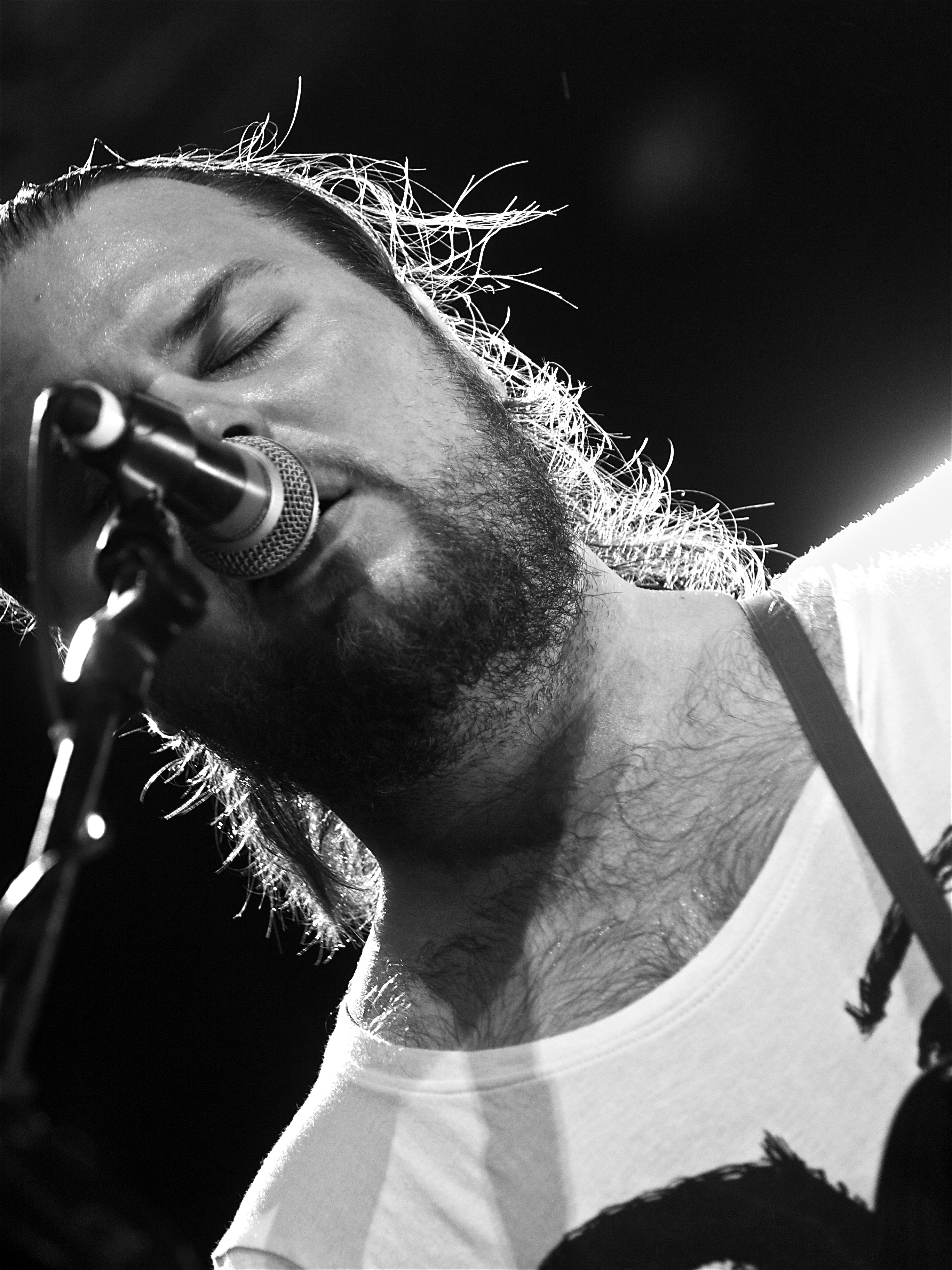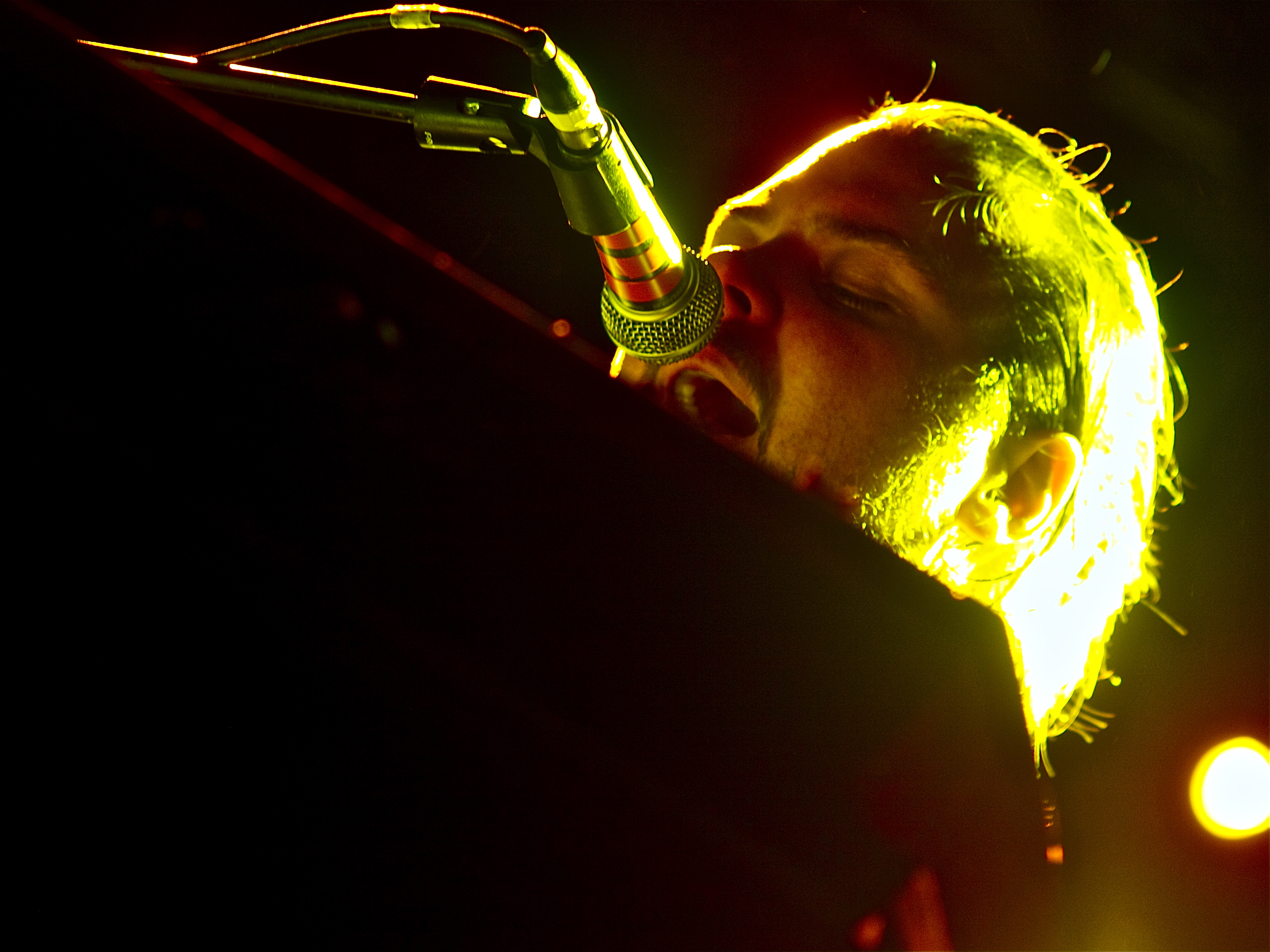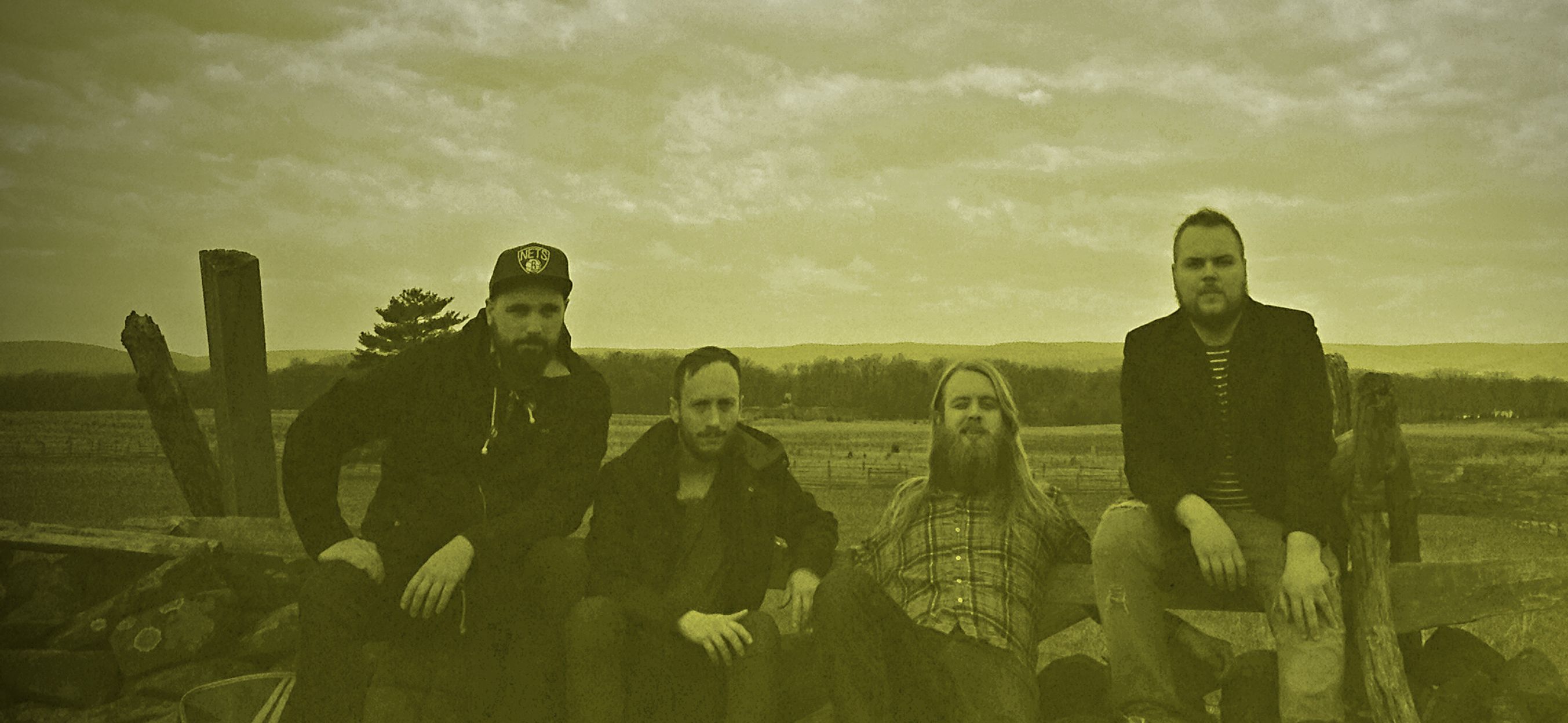
BEARDFISH
You’re never quite sure what to expect from Beardfish. Over seven previous albums, spanning the 11 years since their formation in 2001, they have established a reputation for being innovative and inventive. Beardfish are peripatetic, in the best possible progressive sense. “I think our fans have always been open to new ideas,” says vocalist/keyboard player Rikard Sjöblom. “Production wise we always do different things, but there is obviously a Beardfish sound, which is tough for us to get completely away from. The four of us in this band have developed our own style. It comes from the way we play and interact with one another.” The Beardfish approach has established Sjöblom, guitarist David Zackrisson, bassist Robert Hansen and drummer Magnus Östgren as one of the most dynamic and forward thinking bands of the 21st Century. And the creative process that this band go through when constructing an album is an ongoing process. While for many artists, this stops once the songs have been structured, that’s when Sjöblom starts to truly analyse what’s already been written. And this has led to the theme of the new album coming to the fore. “What I always do is go through the lyrics once they’re written, and begin to see patterns forming. This time I was able to appreciate that there was a line connecting all the songs, one that made me realise the album was actually all about growing up in our home town of Gävle. In recent times, we’ve seen a renaissance in nationalistic parties here. And that is very depressing. Because of the way the economy is, there is now a trend among people to blame foreigners. It’s a classic case of looking for a scapegoat, and migrants are an easy target. It’s a simple mistake that;’s repeated so often by people. And it’s happening right now.” So the new album, intriguingly titled ‘+4626-COMFORTZONE’ (which we shall come to shortly), has a very dark hue, brought on by the band looking back at the way things were in Gälve, where “people were never encouraged to believe they were somebody”. Sjöblom admits he felt the album would turn out to have a lot more light and shade about it than is the case lyrically. Even one song he originally wrote from a lighter perspective has turned out to be a lot more agitating. “The song right before we get to the album’s outro is called ‘Ode To The Rock ‘N’ Roller’. It’s about a guy who plays in tribute and covers bands. But one night onstage he suddenly bursts into playing Stravinski, and letting go of his chains. When I looked back at the song, I understood that it was my very angry statement about the way musicians are treated these days. So many can only make a living by being in tribute bands. What way is that to for people to behave towards musicians? As I said, I now appreciate that it’s a furious comment from me on society’s attitude to creativity.” From the musical perspective, Beardfish have once more refused to tread old ground. “Every time we make an album, it’s individual. And this is no different. Yes, there are some songs which are as heavy as we got on the last two albums (2011’s ‘Mammoth’ and ‘The Void’ the following year). But what we always strive to do is to take on board different influences. Everything we hear, each band we tour with… they make their mark. So, for us Beardfish is a constantly evolving process. We never cut ourselves off from anything which can enhance what we’re doing. I suppose if you want to make a comparison, then some of the sounds aren’t too dissimilar to what we did on ‘Destined Solitaire’ in 2009.” And the band’s ability to use any sonic reference to create a fresh environment can be heard on one track here, when they slam down the lid of a piano and capture the unique resonance. But, what this approach means is that there are occasions when it’s hard for the band to recreate studio effects in a live situation. However, Sjöblom readily accepts the constraints each put on the band. In fact, he sees the challenge as opening up possibilities. “We know there will be things we do in a studio that can’t be replicated onstage. But we see the studio and the stage as being separate. We are a live band who enjoy the recording process. The energy we generate from playing live more than compensates for what cannot be done. But we have now brought in a second keyboard player, Martin Borgh, who will help us to get an extra dimension. He’s not on the album, but is now playing with us onstage.” The album has been mixed by Zackrisson, which is something of a departure. Usually it’s Sjöblom who handles this crucial area. “I had a lot going on a the time, so asked David if he’d like to take on the task. And he was really keen to do the mix. He’s educated in this sort of thing, so knew exactly what he was doing. Yes, he did do it differently to me, but that’s the beauty of the way it’s come out. It doesn’t sound like anything we’ve done before, and David has to take a lot of the credit for this.” So, finally, to the big question: what on earth does the album title mean? “Well, when we were touring in America, we’d see all these adverts which had numbers followed by words. For instance, 1-800-BACKPAIN. And it got us thinking that it might be something we could use for the album title. ’46’ is our country phone code. ’26’ is the town phone code. ‘Comfort Zone’ is the title of one of the songs on the album. And we thought it would work in the title, because it can be interpreted in two ways: either as you being inside a comfortable situation, and not challenging yourself. Or else as you step out of your zone and facing new adventures. “In this case the comfort zone is the invisible protective suit of negative thinking. Almost like an entity of itself. It’s been with you since birth. Your parents, teachers, friends and neighbours all teach you the way the world works – this is how it is and will be, and there’s nothing you can do about it. The negative vibe is like a voice living inside of you, a companion through life. With time, you start to like that voice and the place it takes you to: your comfort zone. I’m so sick and tired of it. I want to address it and, in that way, perhaps start to work my way out of it” On ‘+4626-COMFORTZONE’, Beardfish are most certainly challenging everyone to question their own comfort zone. They use music to defy the norms, mores and expectations imposed by others.
- Rikard Sjöblom vocal/keyboard
- David Zackrisson guitar
- Robert Hansen bass
- Magnus Östgren drums




